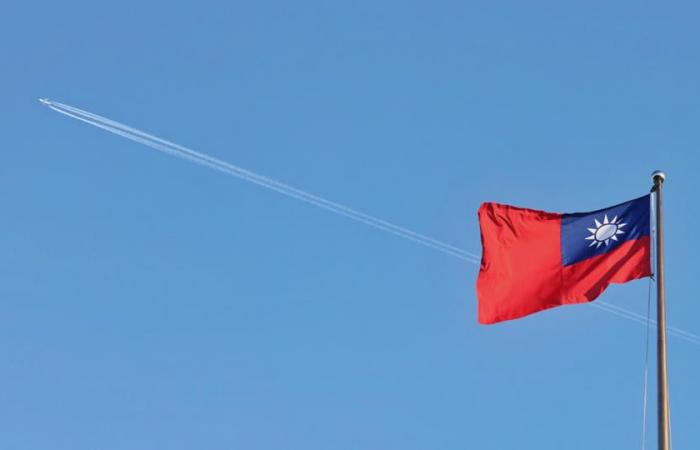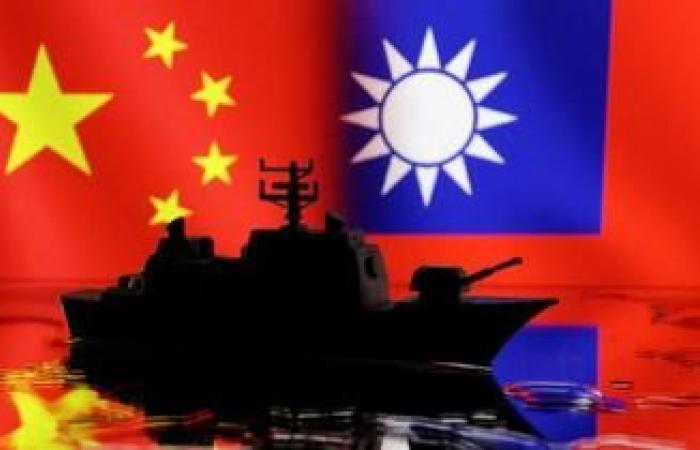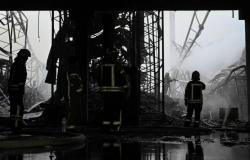The Taiwanese government announced this Monday, December 9, that its armed forces have been placed on heightened alert, in response to China's imposition of broad air restrictions off its eastern coast.
The Taiwanese armed forces were placed on “high” alert this Monday, December 9, after China imposed vast air restrictions off its east coast.
The People's Liberation Army (PLA) has established “seven airspace restriction zones in the regions east of Zhejiang and Fujian”, two Chinese provinces located opposite Taiwan, the Defense Ministry said Taiwanese in a press release. These restrictions, he added, are in effect from this Monday to Wednesday, December 11.
According to a Taiwanese leader, who spoke to the country's news agencies, China currently has nearly 90 navy and coast guard vessels in waters near Taiwan, the southern islands of Japan and the East and South China Seas, about two-thirds of which would be navy ships.
In its press release, the Taiwanese Ministry of Defense indicated that it had “engaged in combat preparation maneuvers that take into account enemy threats, weather conditions and tactical positioning”.
For Beijing, Taiwan is an “inalienable” part of China
In the process, Chinese Foreign Ministry spokesperson Mao Ning promised that China would “firmly defend” its sovereignty and “territorial integrity,” adding that Taiwan was an “inalienable” part of China.
These Chinese air restrictions and the presence of Chinese military ships near Taiwan come a few days after the end of Taiwanese President Lai Ching-te's tour in the Pacific. This was Lai Ching-te's first trip abroad since taking office in May. This tour was strongly condemned by Beijing, which opposes any official contact between Taiwan and foreign countries.
According to Su Tzu-yun, a military expert at the Institute for National Defense and Security Research in Taipei, China's air restrictions can serve two purposes: “Missile testing and simulating no-fly zones, which represent a state of airspace blockage. Lai Ching-te's Pacific tour took him to two US territories, Hawaii and Guam, an unincorporated US territory where several strategic military bases are located.
During this trip abroad, Lai Ching-te spoke by telephone with the Speaker of the American House of Representatives, Mike Johnson, arousing the anger of Beijing. In response, China urged the United States to “stop sending the wrong signals” to “Taiwanese independence forces.”







